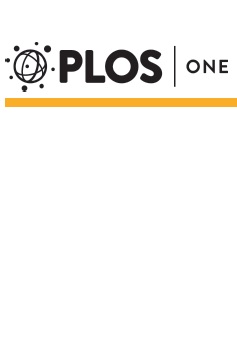Vergence prism adaptability was evaluated in subjects with high symptomatic and asymptomatic heterophoria and compared to individuals with a heterophoria within normal range (the control group). A computer haploscope was used to measure phoria values and changes in the eye position after introducing 6 prism diopters base out in front of the right eye. Phoria values were measured with a nonius paradigm every minute for a period of 10 minutes during adaptation. The results showed that subjects with symptomatic heterophoria are characterized by a lower rate of prism adaptation and adapted to a smaller extent with respect to the control group. The group with high but asymptomatic heterophoria showed prolonged adaptation time but after several minutes of binocular viewing the subjects were able to adapt to the prism to a level similar to the control group. These findings suggest that an impairment in the slow vergence control system may be responsible for the inability to fully reduce vergence effort, which results in poor vergence ranges and asthenopic symptoms during prolonged viewing.

